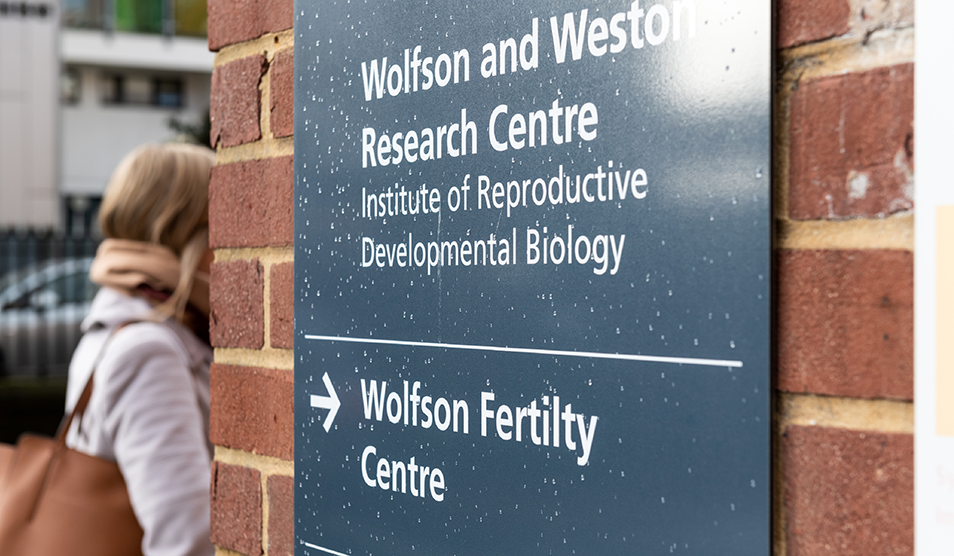Antibody testing research to track coronavirus infection rates
Experts at Imperial College Healthcare and Imperial College London have outlined their work to develop effective antibody tests to monitor the spread of COVID-19 infections in a new video.
Researchers at Imperial College are working with clinicians at the Trust on a programme of work to develop a ‘gold standard’ antibody test that will support the Trust’s testing programme. This can then be used to better understand how the immune system responds to the virus and how long antibodies last.
Antibody tests look for evidence in a blood sample that your immune system may have responded to coronavirus already. Different types of antibodies are produced by the immune system in response to ‘foreign’ invaders in the body, such as viruses, and these antibodies stay in the body after the infection has ended. Antibodies are quite specific to the type of virus and can provide immunity against catching the virus again by enabling the immune system to quickly recognise and destroy the virus if there is another infection. The antibody test detects the presence of the antibodies that are produced as a result of the body’s response to coronavirus.
It is not currently known how long coronavirus antibodies stay in the body but the new tests will help to determine the extent to which these antibodies can prevent reinfection and how long that protection might last.
The second part of the work between the College and the Trust is a study - REACT-2 - to assess a number of rapid antibody tests for their accuracy, and to see how easily people can use them at home without assistance from a healthcare professional. These tests are being run by participants in their own homes to see how far the virus has spread in the population and which areas and groups have been most affected. This information will help shape policy as lockdown measures are released.
This research is an example of the work carried out by Imperial College Academic Health Science Centre, a joint initiative between Imperial College London and three NHS hospital trusts. It aims to transform healthcare by turning scientific discoveries into medical advances to benefit local, national and global populations in as fast a timeframe as possible.





